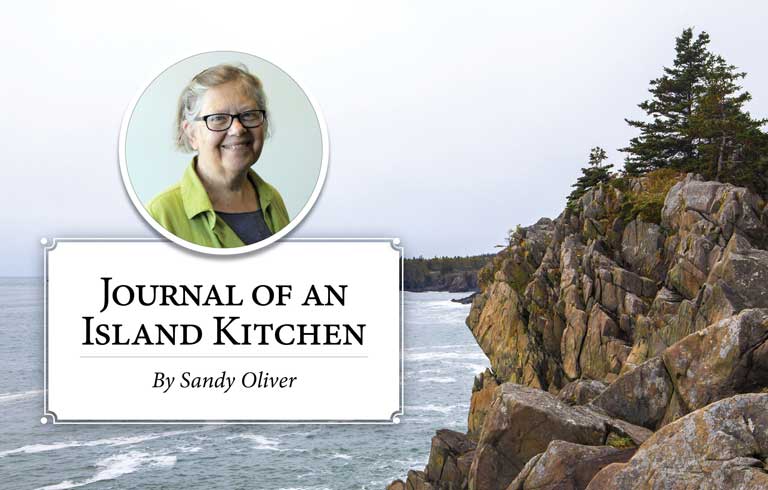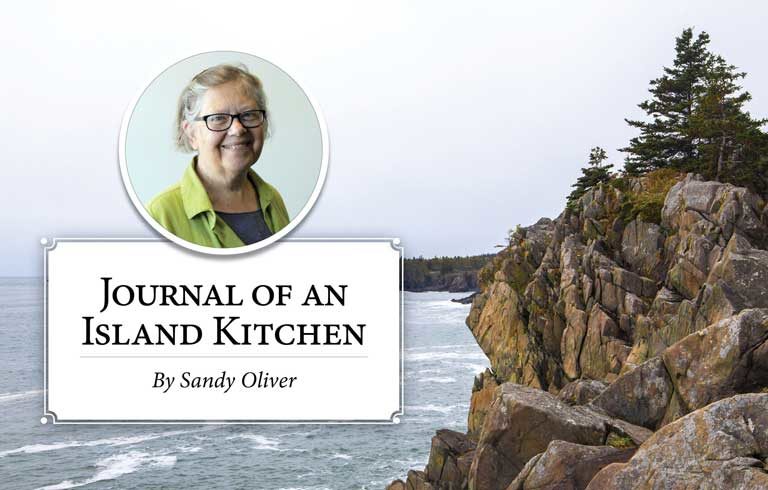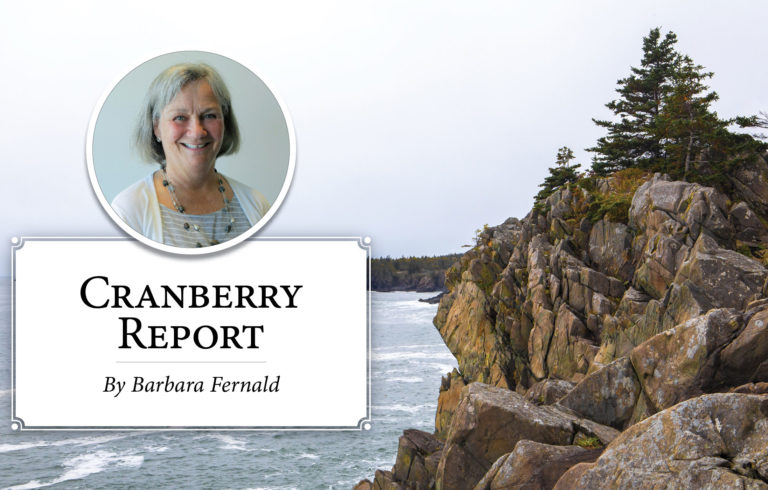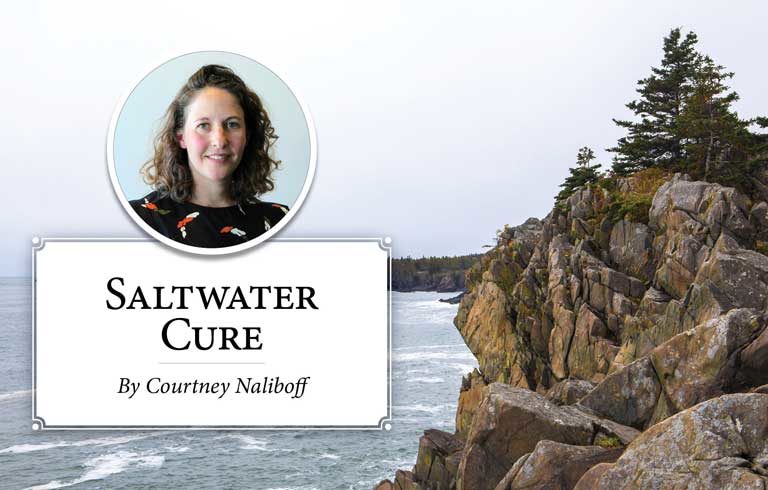Sometime close to Christmas 2024, Estela Rodriguez packed a dozen truly wonderful pears in a carefully padded box which were ordered as a Christmas gift sent to me from Harry and David’s in Medford, Oregon by my dear friend Nan. The pears flew (I assume) across the continent to an island in Maine where we ate them with a generous serving of gratitude.
I know it was Estela because she tucked a little card into the box with her handwritten name on it. Mind you, the card was printed, and though Estela has a name, she also has a number: 032675. I thumb-tacked Estela’s card to a spot on a bookshelf just above my desk.
I can’t tell you how many times I have thought about her since the pears arrived. It’s a little odd to have a person’s name associated with the food we buy to eat, not the kind of names like Jack Daniels or Ben and Jerry slapped on every package, but an apparently unique individual.
Chances are a helpful immigrant has harvested, processed, and packaged what we eat.
I looked her up with a search engine: Estela Rodriguez in Medford, Oregon, a very long shot. There’s an Estela that works at Anthem Blue Shield there. Not my Estela, I guessed. I decided against looking up all the Estelas listed in LinkedIn for that area. I turned to Henry and David’s website.
Somewhere along the line, the fruit gift-box purveyors Harry and David sold their company to a florist company which bloomed into some kind of sprawling empire of vendors who took phone and later, online gift basket orders for flowers, cheese and crackers, cookies, and chocolates in addition to fruit.
Still, I could peruse the Harry and David website and read about the community life they seem to build for their employees.
I learned they harvested 14,000 tons of pears every year. I read about their efforts towards diversity, inclusion, environmental concerns, a perilous effort these days.
There was even a mention that they encouraged employees to vote. I looked at pictures of H & D’s workers, wondering if one was Estela.
I wondered what Estela thought about while packing those pears. Was she thinking about her own Christmas gift list? Does she have children expecting Santa Claus to visit? Or was she worrying about the security of her own homelife, her job, and the lives of her friends and family?
I kept thinking, “Estela, I hope you are an American citizen, by birth or naturalization, and all your loved ones, too.”
Unless we buy or grow our produce locally—that is, on our islands or nearby mainland—unless we raise our own farm animals and process the meat ourselves or take it to a local independent butcher, chances are that a helpful immigrant has harvested, processed, and packaged what we eat.
There are, according to fairly generalized statistics, 2.1 million immigrants in food production and restaurant work, including underage workers. A lot of it is brutal work. You all know this. Were it not for them, we’d pay a lot more for what we eat.
Even a hundred and more years ago, newly arrived immigrants from Europe took farm labor jobs. One old timer I spoke with recalled a family market garden operation that hired Italian laborers because they were willing to work on their hands and knees. Speaking of his family and fellow Yankee workers, “We wanted to work on the tractors.”
Well, of course, down on the ground is where the vegetables are growing and getting down there and back up again is the issue for me, not potential damage to my self-image. And when I have to buy produce in winter when my own garden is a frozen snow-covered place, I am oh-so-very grateful to whomever harvests it.
There are no easy answers here. Even in Maine, we are blessed with migrant or immigrant help for food production. As part of a long tradition, Wabanaki people gather to rake blueberries, coming from Canada and parts of Maine. Jamaicans labor at Beth’s Farm market in Warren, introducing some of their own foodways to the offering. Other migrant workers pick our apples in the fall, having moved south to north over the growing season.
So who or what might take their place if immigrants stop being an option? You? Me? Robots? Would a robot handle pears as gently as Estela did so that they arrived in my kitchen with nary a bump or bruise?
I hope that Estela’s work is valued and that she works safely in Medford. I’d love to meet her someday.
Sandy Oliver is a food historian who gardens, cooks, and writes on Islesboro. Her latest book is Downeast Delicious (Down East Books). She may be contacted at SandyOliver47@gmail.com.





